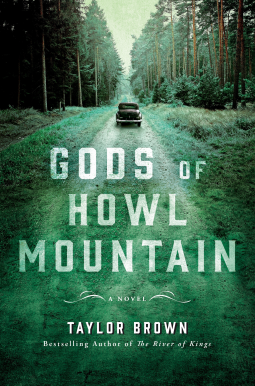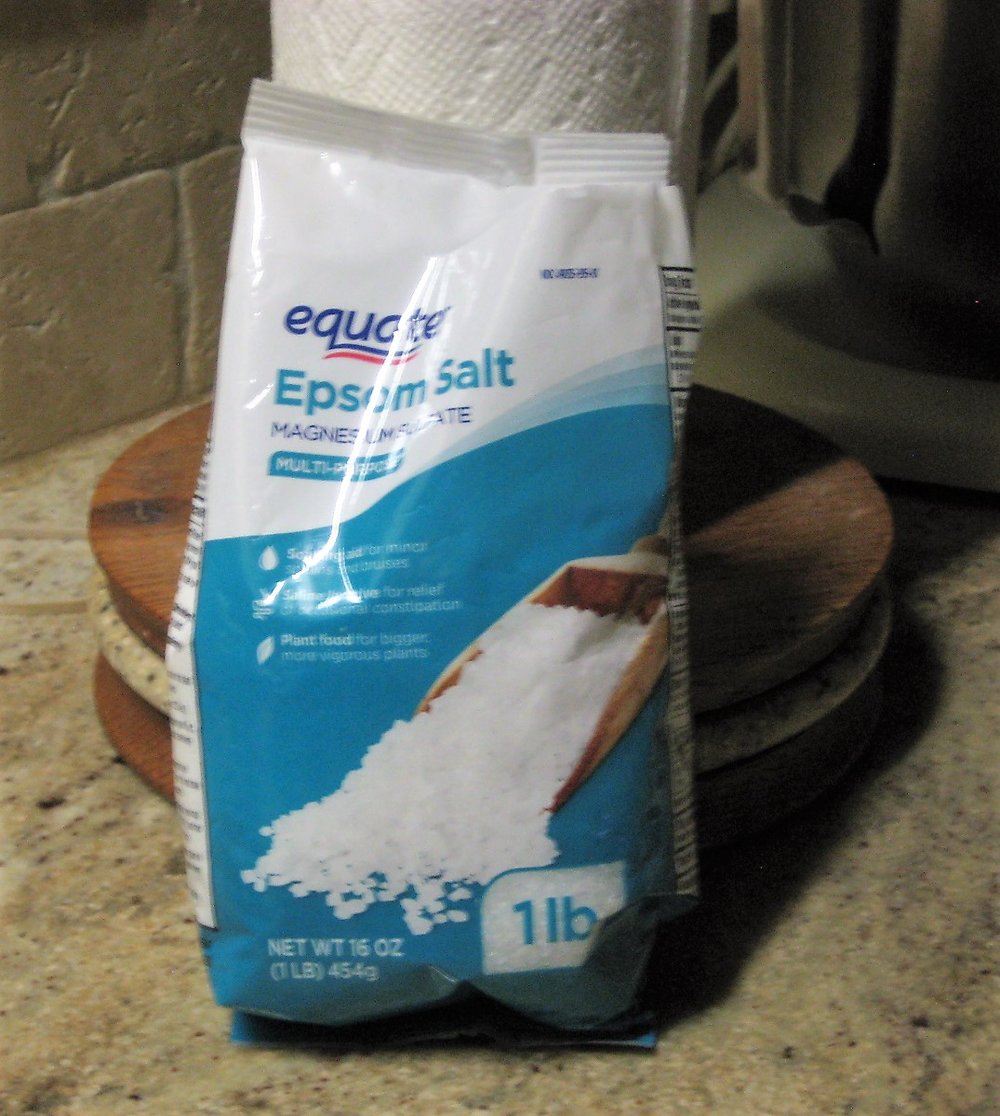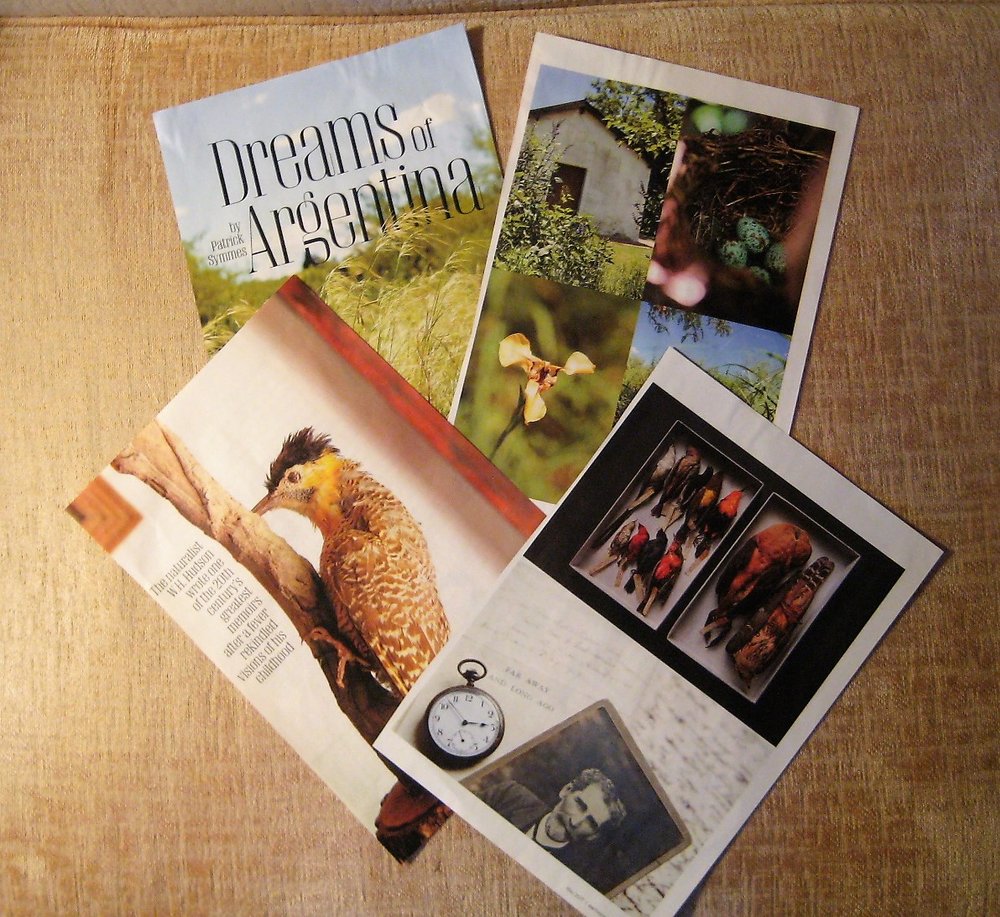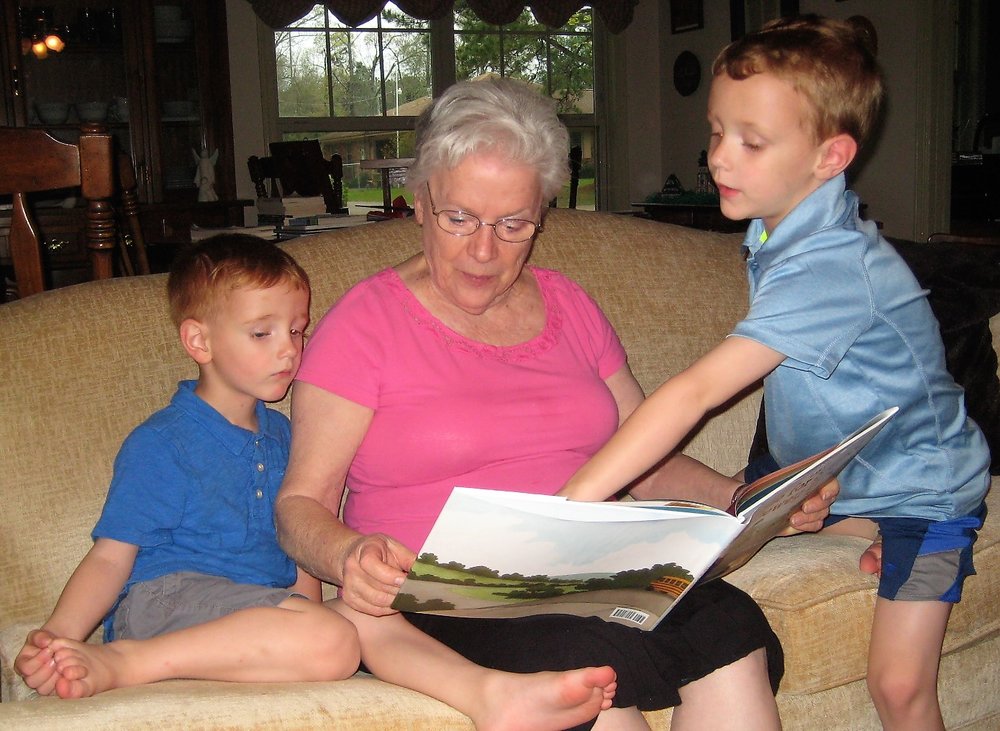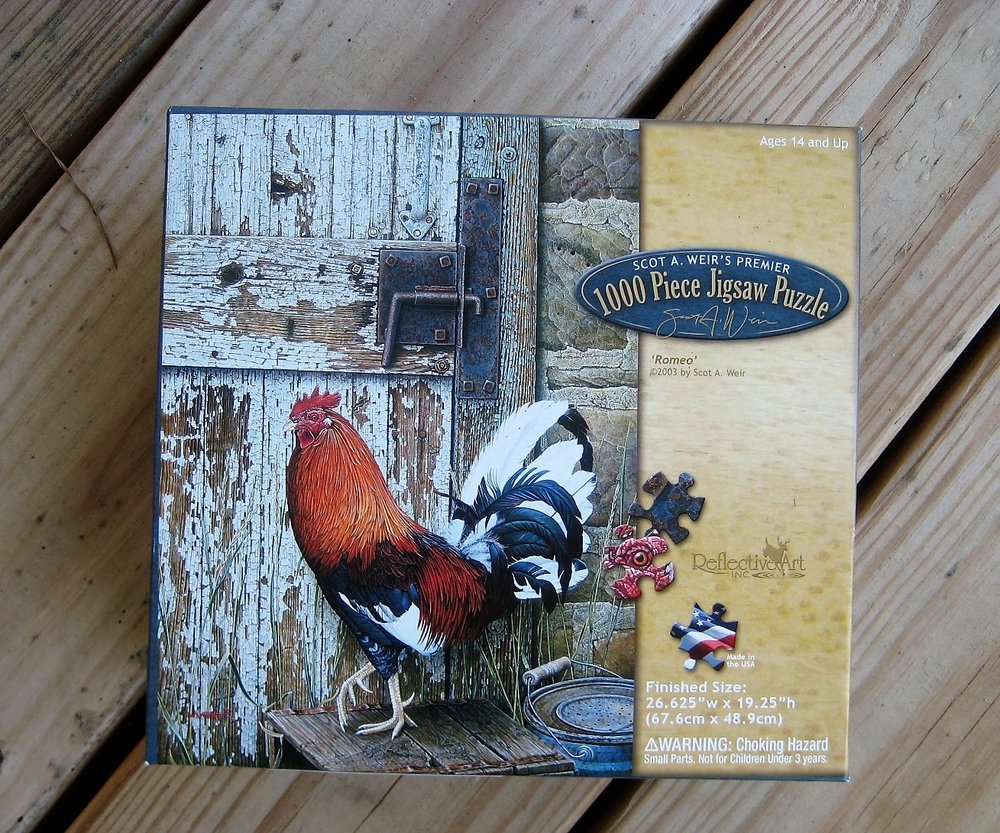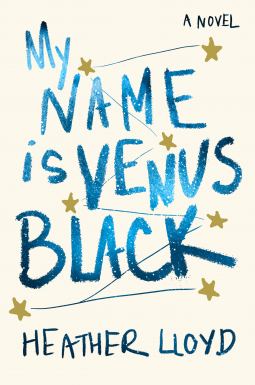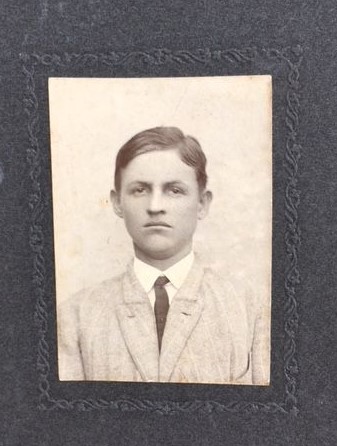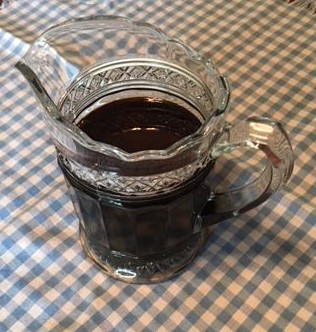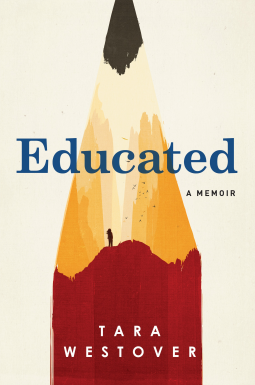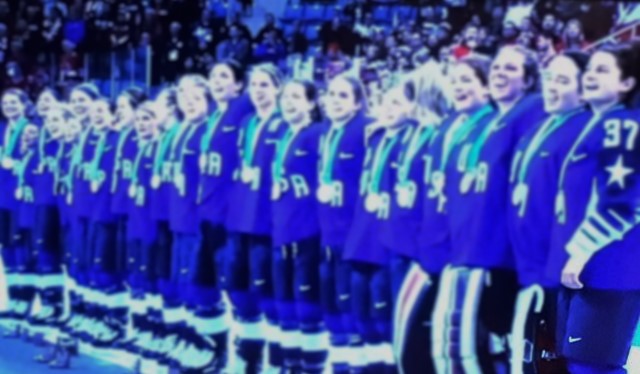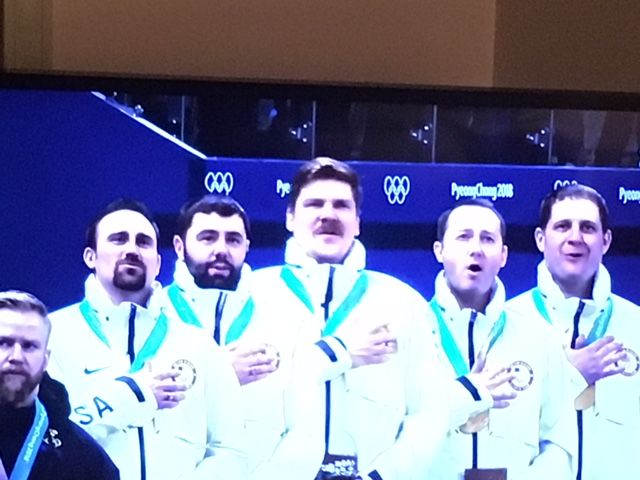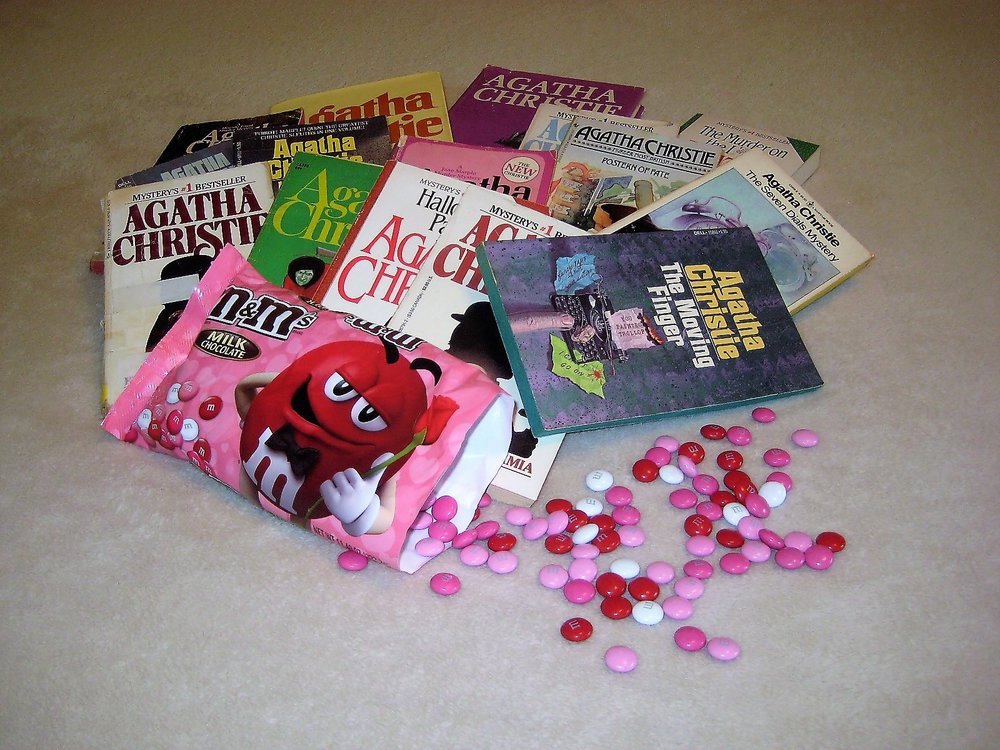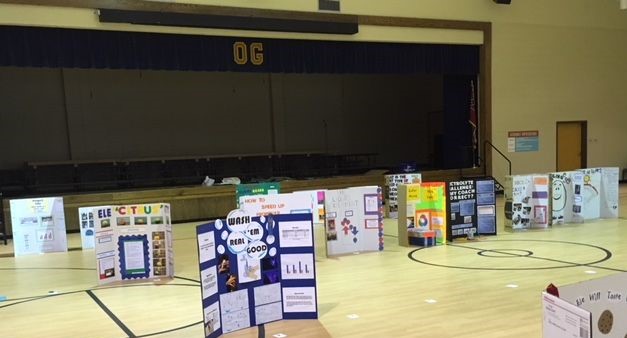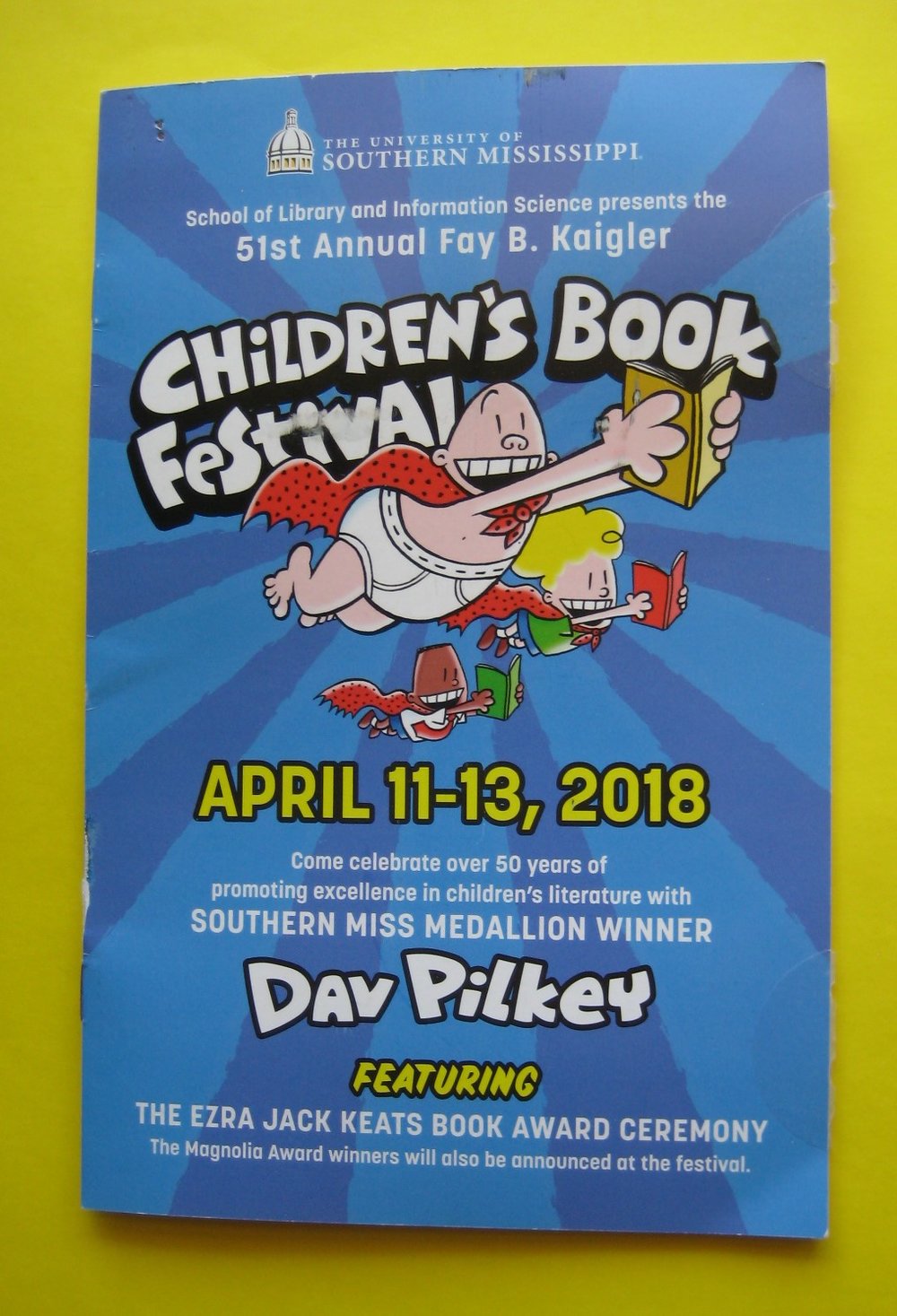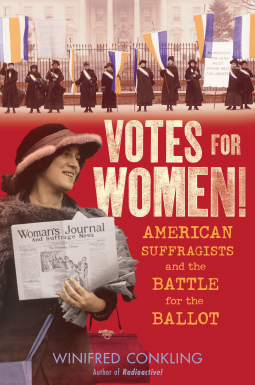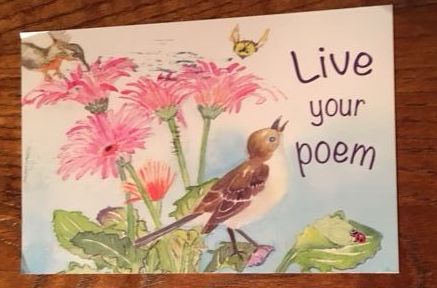 I got a postcard from a writer friend reminding me that this is poetry month. I wish I had her skilled way of turning words into poems. Compared to her and other real poets, I hesitate to even consider myself a part of that community, but I’m also claiming other advice I read last week. “Just because you aren’t making progress as fast as you think you should doesn’t mean you aren’t making any progress. Keep going.” With the second in mind, I’ll share my verse that reflects my writing expedition.
I got a postcard from a writer friend reminding me that this is poetry month. I wish I had her skilled way of turning words into poems. Compared to her and other real poets, I hesitate to even consider myself a part of that community, but I’m also claiming other advice I read last week. “Just because you aren’t making progress as fast as you think you should doesn’t mean you aren’t making any progress. Keep going.” With the second in mind, I’ll share my verse that reflects my writing expedition.
Dreams and Plans
If dreams and plans were paper and pen, I’d be a well-known writer.
But first:
Our children must be raised.
My school desk must be organized.
The day job papers must be graded.
Or could these be excuses to avoid rejection?
Fast forward:
Our children care for grandchildren.
My work desk settles into natural disorder.
No more new ungraded papers chase the old.
Rejection and acceptance come from daring to write and send.
The paper and pen I find more tangible than dreams and plans.
I think I’ll write . . . maybe tonight.
If you look at the postcard, you will see that I am doing part of it right. I’m living my poem.

